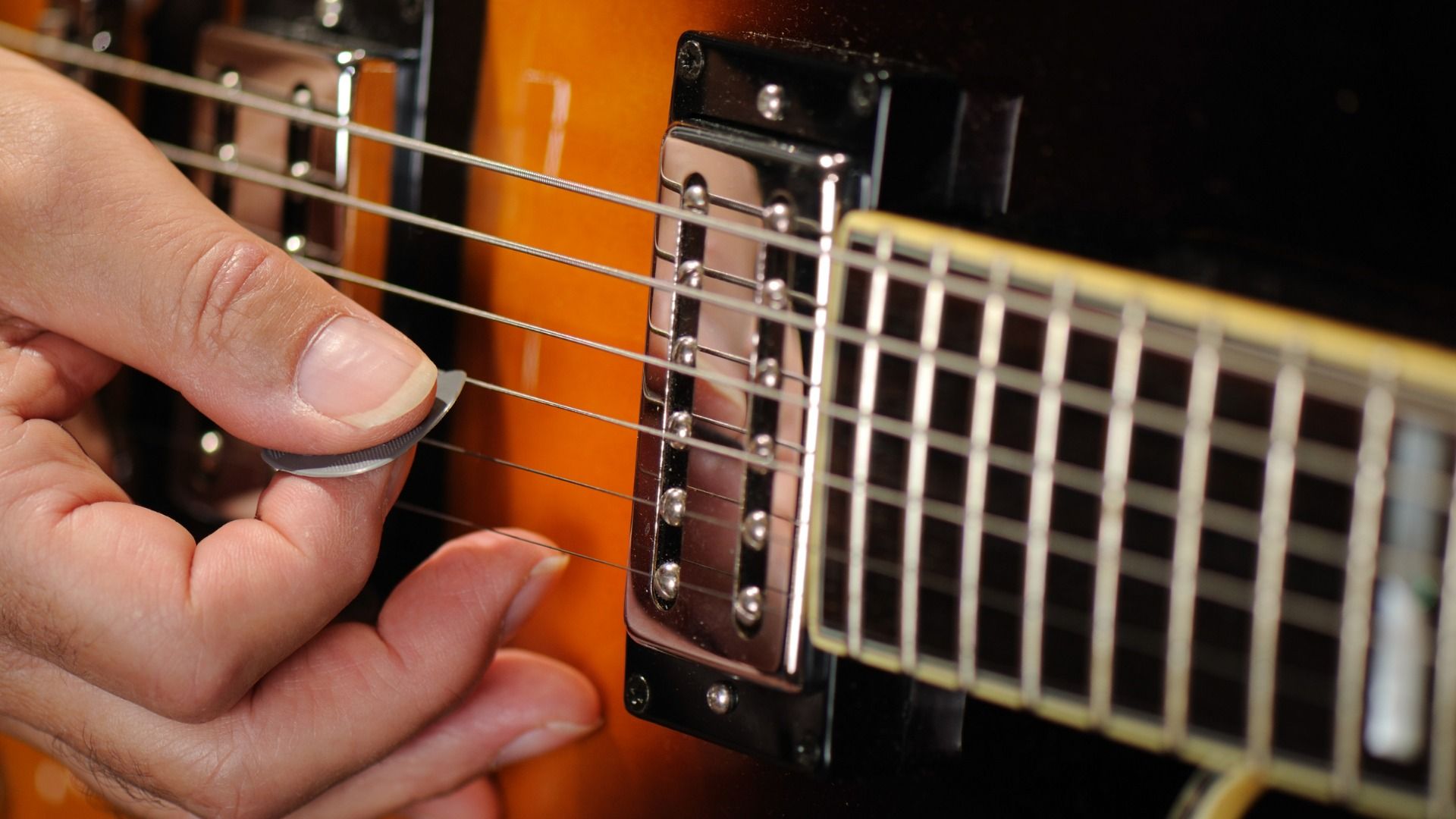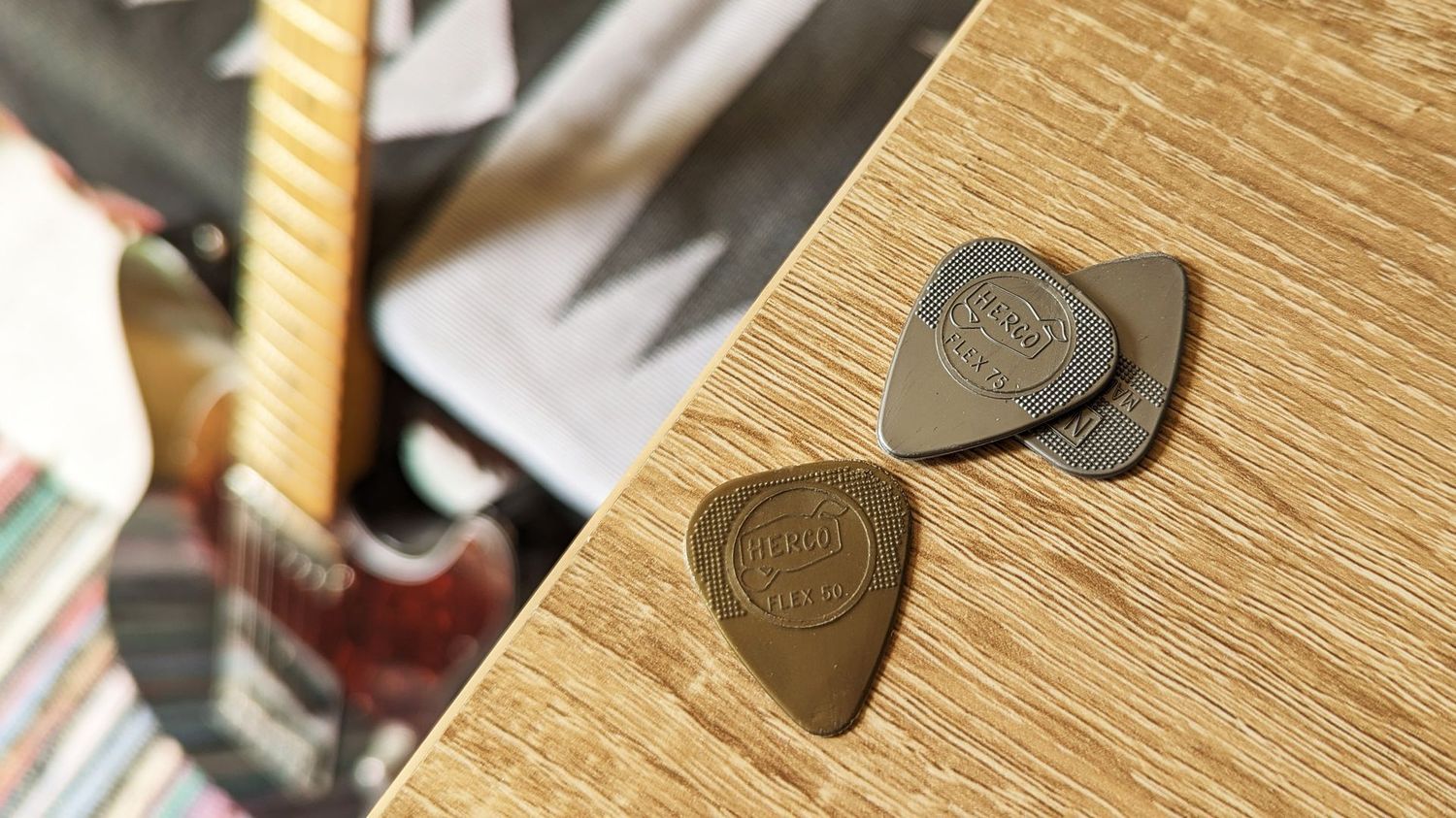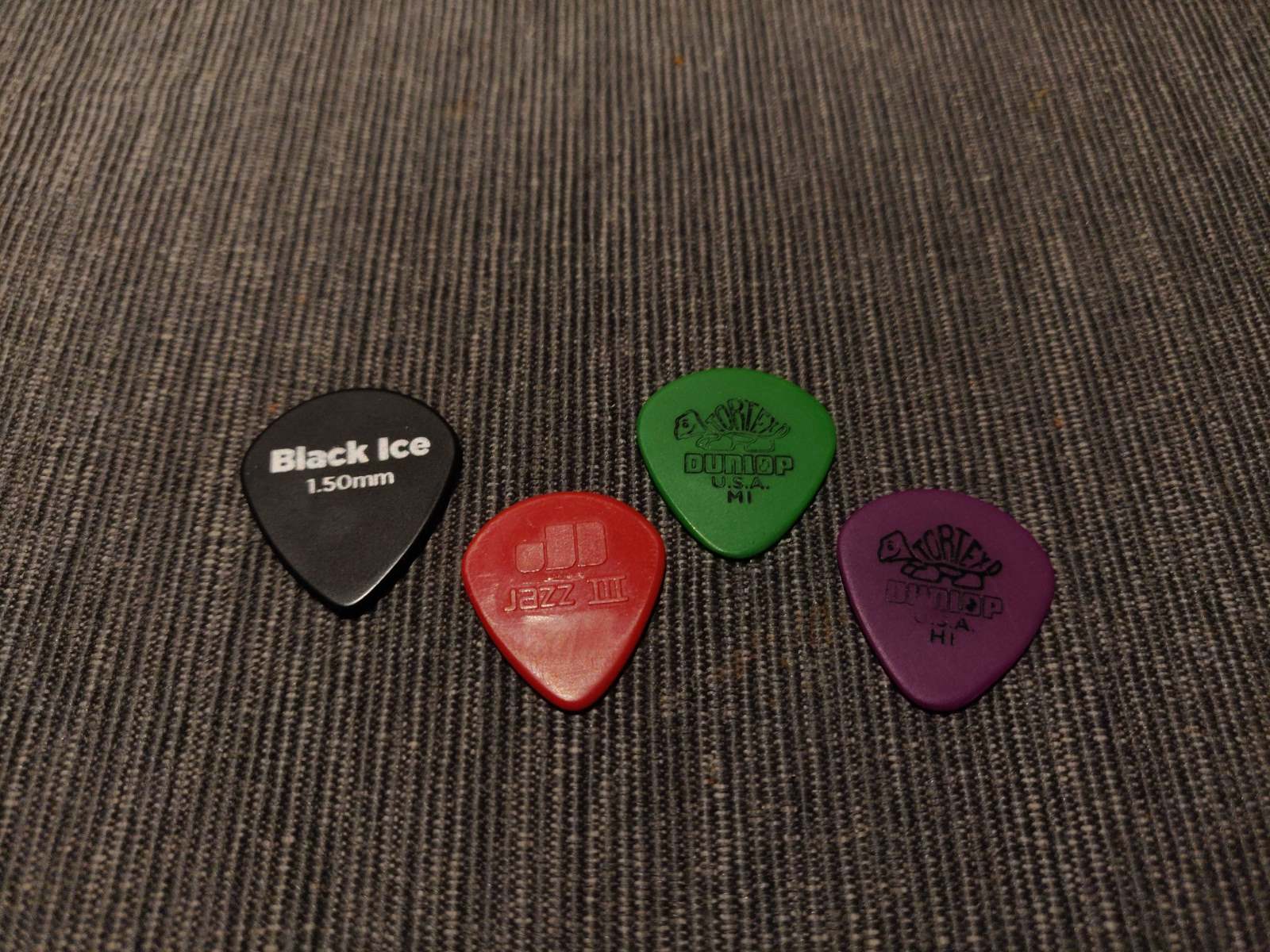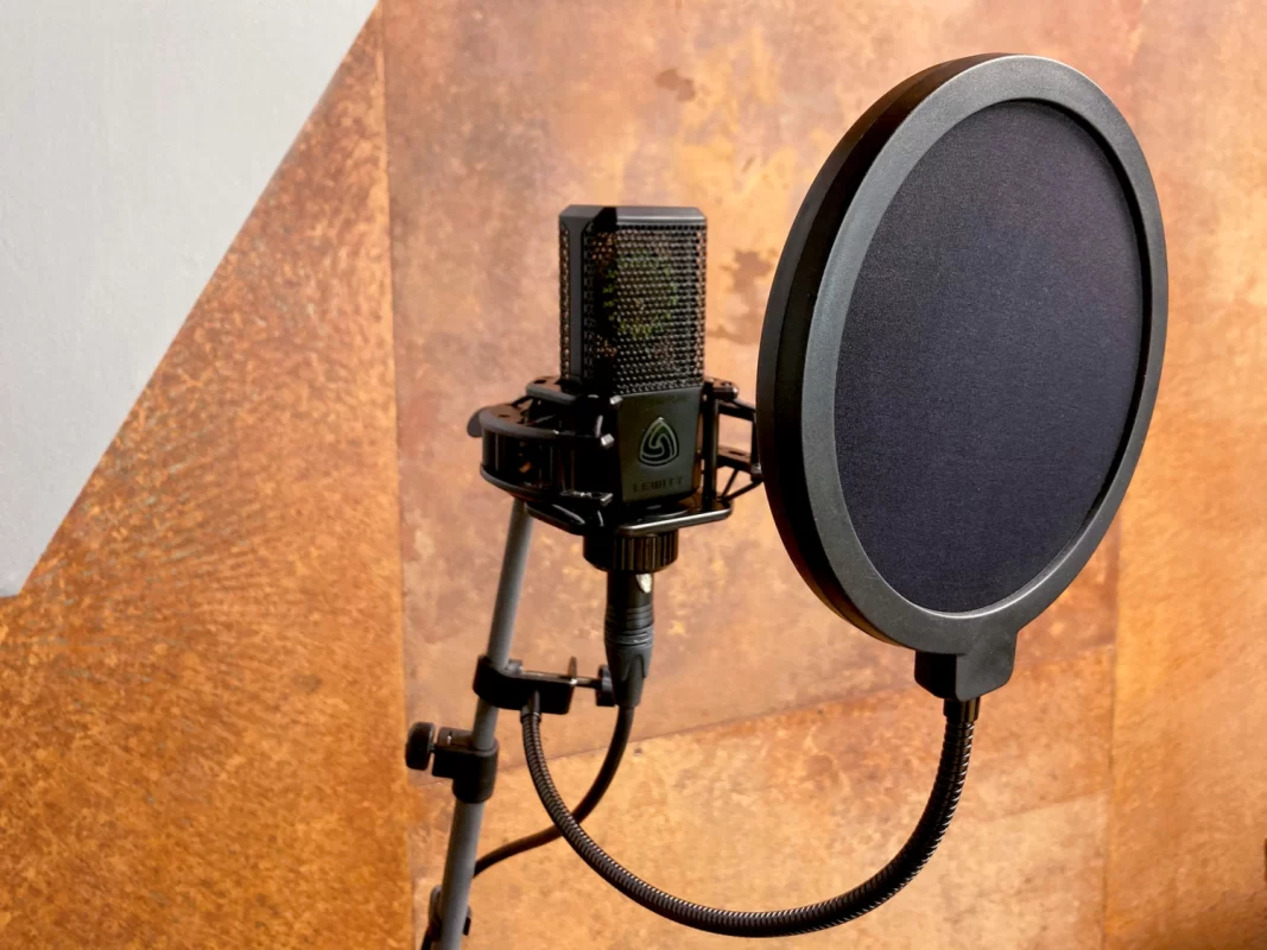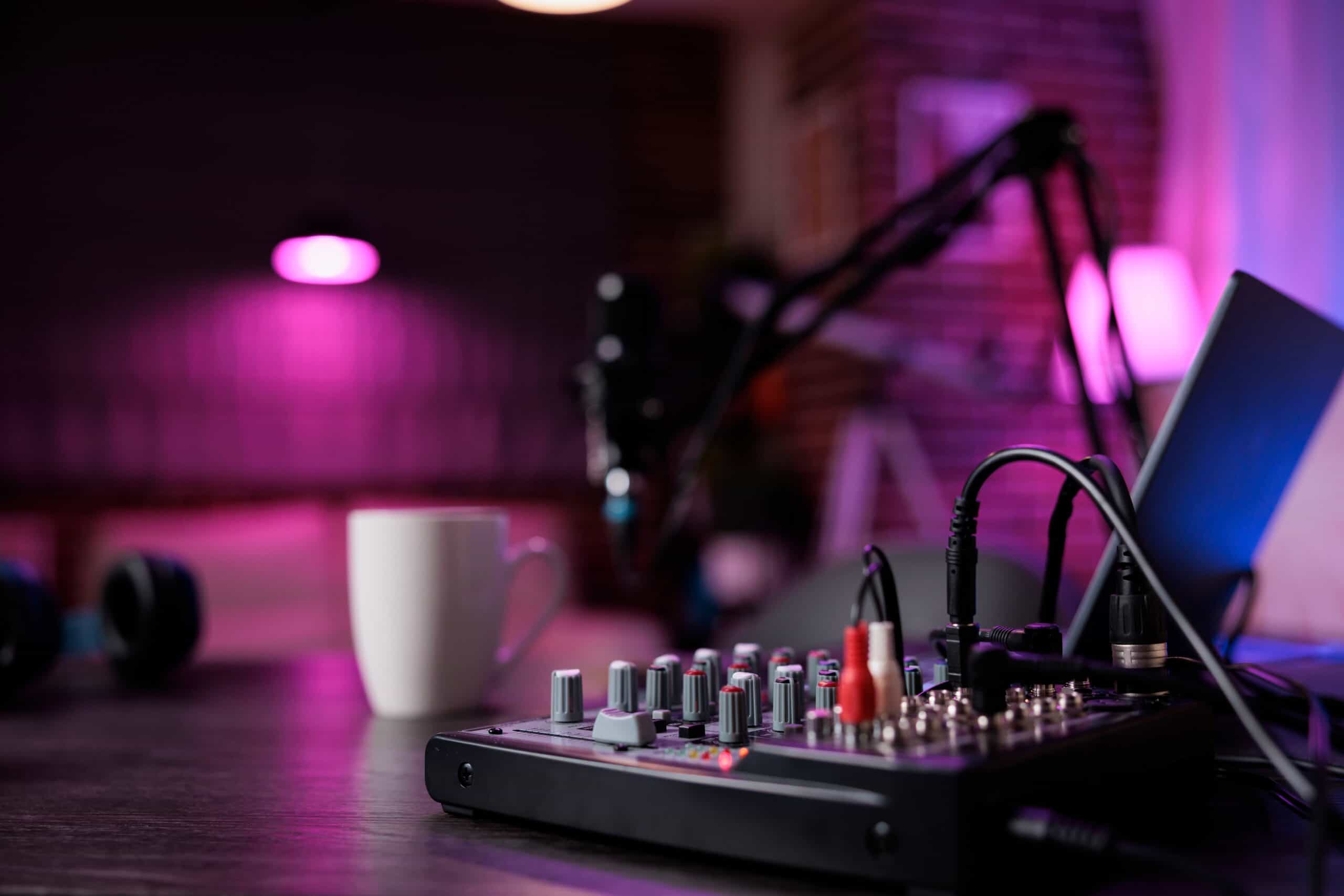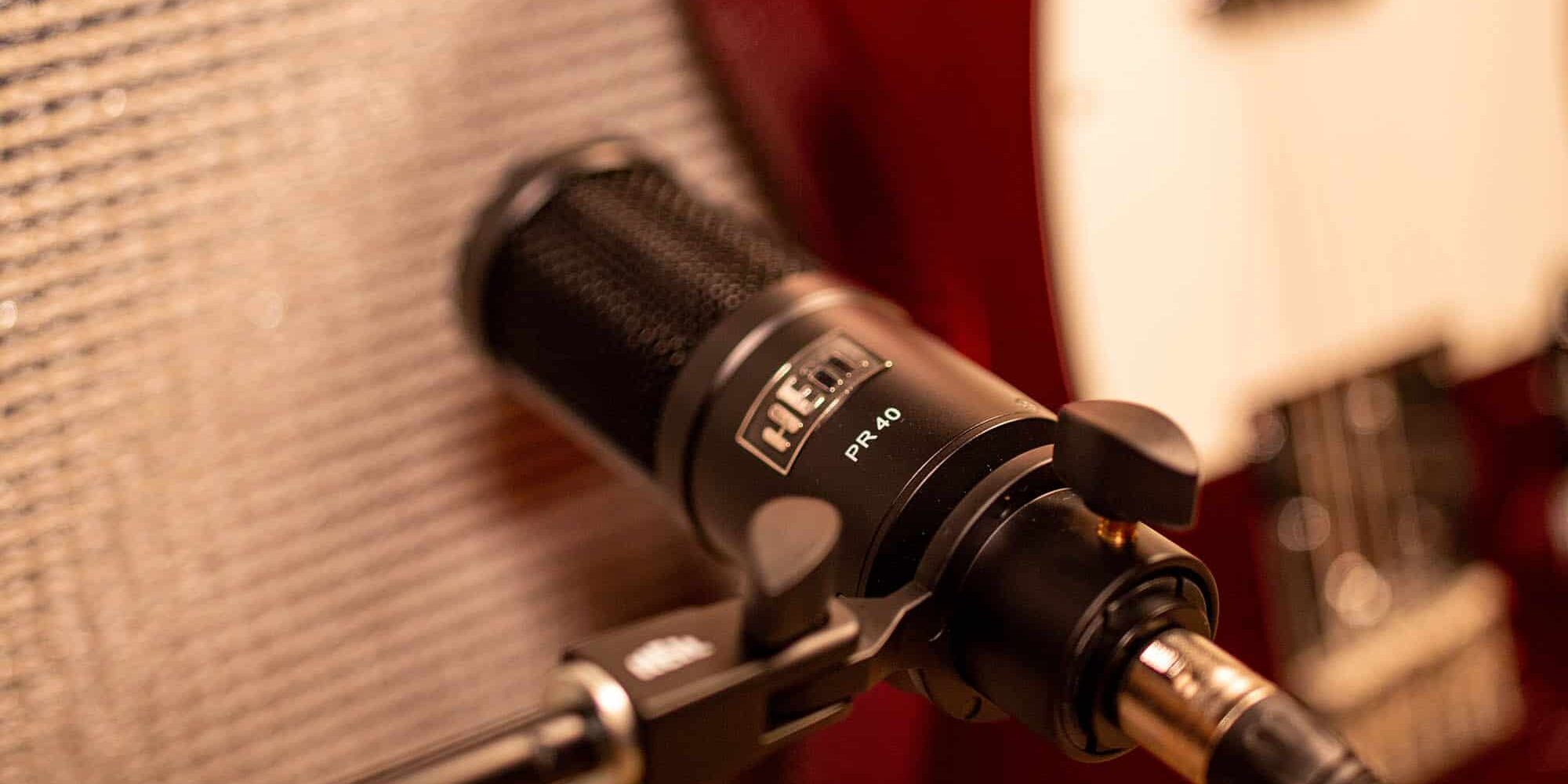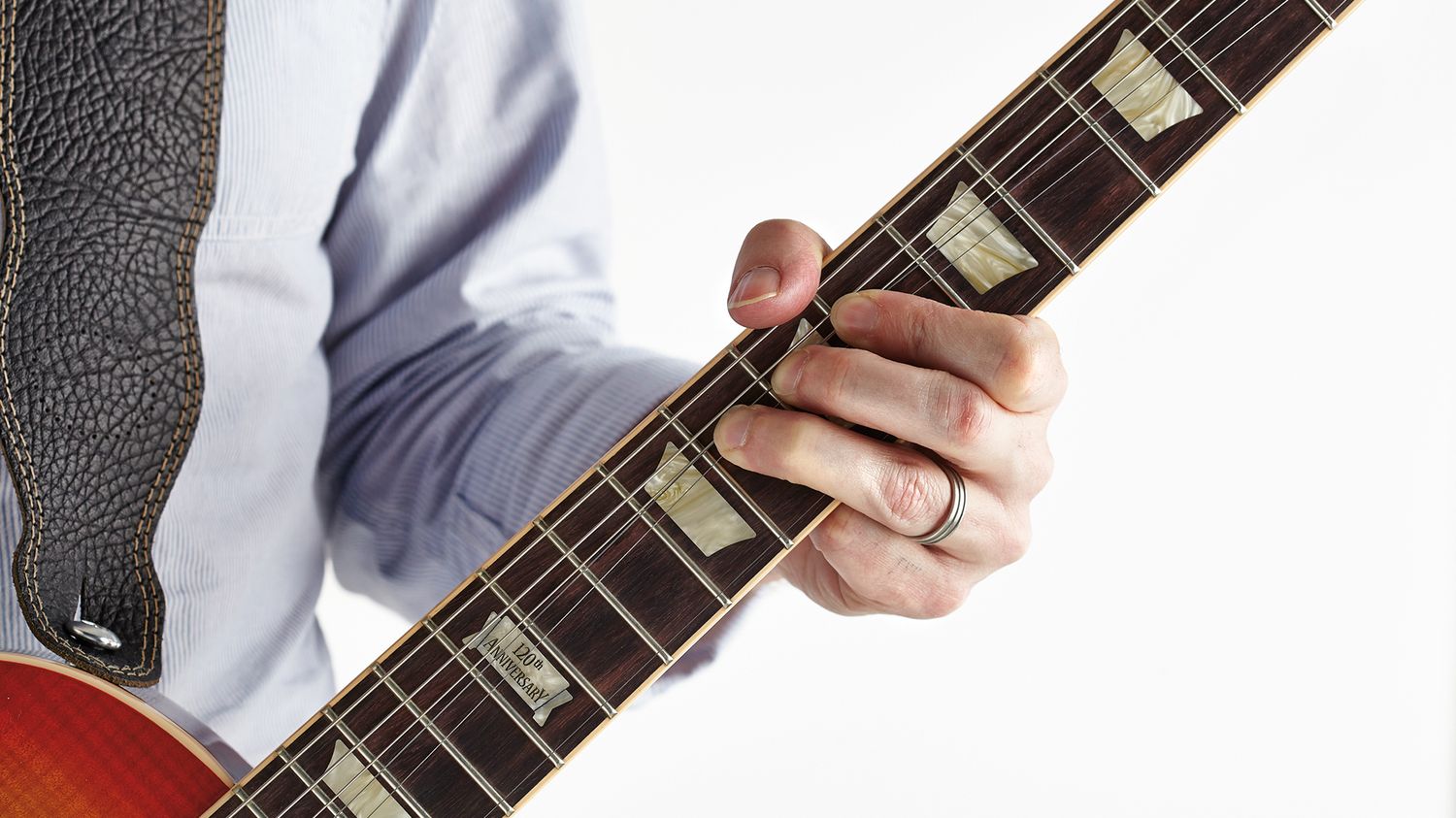Home>Instruments>Guitar>How To Pick A Guitar
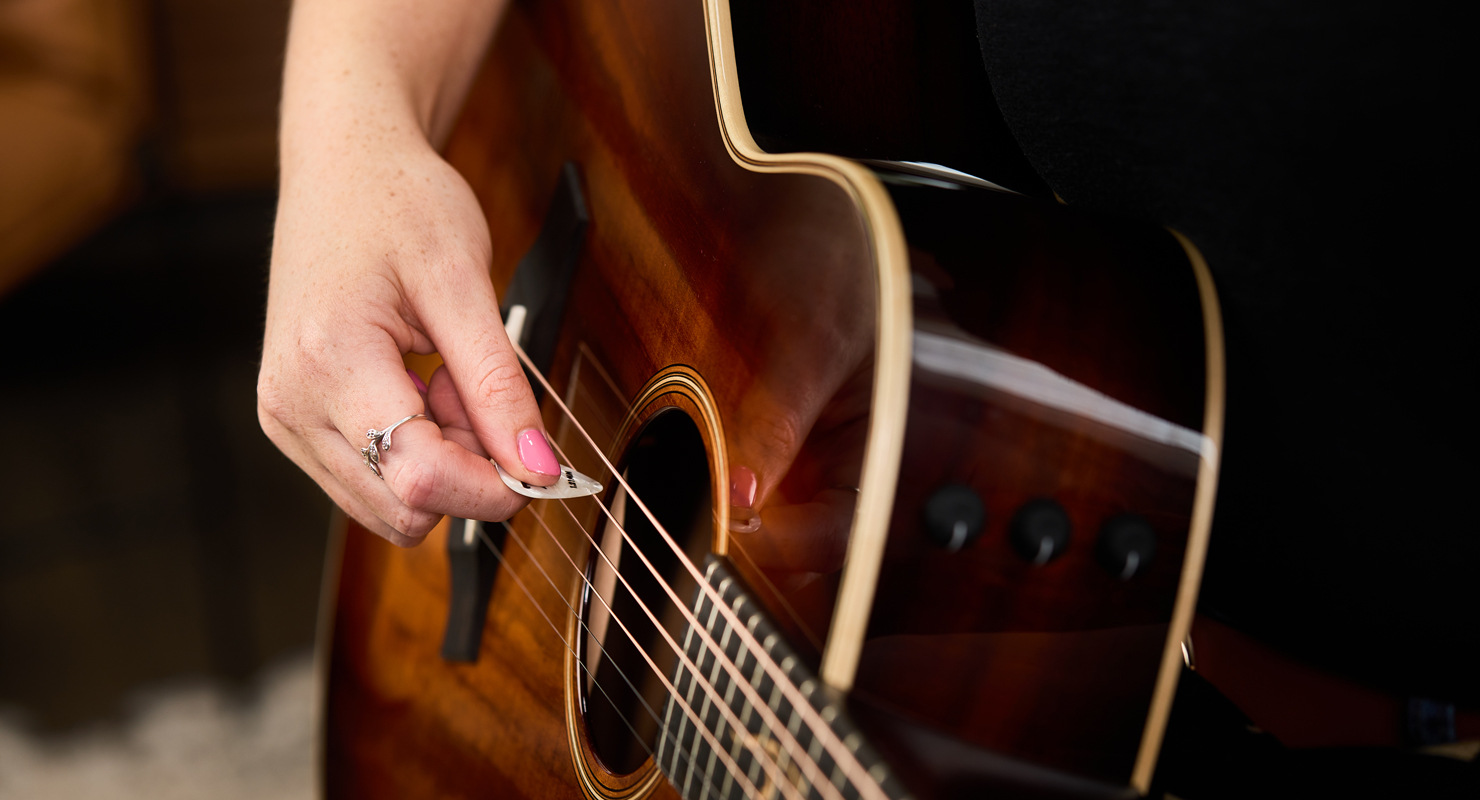

Guitar
How To Pick A Guitar
Published: February 13, 2024
Learn how to pick the perfect guitar for your needs with our comprehensive guide. Find the best guitar for your playing style and budget.
(Many of the links in this article redirect to a specific reviewed product. Your purchase of these products through affiliate links helps to generate commission for AudioLover.com, at no extra cost. Learn more)
Table of Contents
Introduction
So, you've decided to embark on a musical journey and learn how to play the guitar. Congratulations! The guitar is a versatile and expressive instrument that can bring endless joy and creativity into your life. Whether you're drawn to the raw, acoustic sound of folk music or the electrifying riffs of rock and roll, choosing the right guitar is a crucial first step on your musical odyssey.
In this comprehensive guide, we'll explore the essential factors to consider when selecting a guitar that suits your style, preferences, and budget. From the distinctive tonal qualities of acoustic and electric guitars to the ergonomic considerations of body shape and size, we'll cover everything you need to know to make an informed decision. Additionally, we'll delve into the importance of testing a guitar before making a purchase, ensuring that it feels like an extension of your musical aspirations.
By the end of this journey, you'll be equipped with the knowledge and confidence to pick a guitar that resonates with your musical ambitions. So, let's dive into the world of guitars and set you on the path to musical mastery!
Consider Your Musical Style
Before embarking on your guitar selection journey, it's crucial to consider the musical style or genres that resonate with you. Your preferred musical genres will significantly influence the type of guitar that best suits your aspirations. For instance, if you are captivated by the soul-stirring melodies of folk, country, or singer-songwriter genres, an acoustic guitar may be the ideal choice. The warm, resonant tones of an acoustic guitar lend themselves beautifully to these genres, allowing you to express your emotions through heartfelt strumming and fingerpicking.
On the other hand, if you find yourself drawn to the electrifying sounds of rock, blues, or jazz, an electric guitar might be more in line with your musical ambitions. The versatility and amplified power of electric guitars make them well-suited for creating dynamic riffs, blistering solos, and captivating melodies. Additionally, the wide range of effects and amplification options available for electric guitars can open up a world of sonic exploration, enabling you to carve out your unique musical identity.
Furthermore, if you are inclined towards a diverse range of musical styles, you may find that both acoustic and electric guitars have a place in your musical arsenal. Understanding your musical inclinations is pivotal in guiding your guitar selection process, ensuring that your instrument becomes a faithful companion on your musical journey.
Ultimately, your musical style is a deeply personal and expressive aspect of your identity as a guitarist. By considering the genres that resonate with you, you can narrow down your options and set the stage for finding a guitar that harmonizes with your musical aspirations.
Determine Your Budget
When setting out to purchase a guitar, determining your budget is a crucial initial step. Your budget not only influences the range of guitars available to you but also plays a significant role in shaping the overall quality and playability of the instrument you choose. Whether you’re a budget-conscious beginner or a seasoned player with specific tonal and ergonomic preferences, establishing a clear budget will guide your decision-making process.
For beginners or those exploring the guitar for the first time, entry-level acoustic or electric guitars offer a solid foundation for learning and experimentation without breaking the bank. These guitars are often crafted with quality tonewoods and components, providing an enjoyable playing experience at an accessible price point. As your skills and passion for playing the guitar grow, you may find yourself wanting to explore higher-end instruments that offer enhanced tonal richness and craftsmanship.
For experienced players or those seeking professional-grade instruments, investing in a mid-range to high-end guitar can yield a remarkable playing experience and sonic versatility. These guitars are meticulously crafted, often featuring premium tonewoods, advanced electronics, and impeccable attention to detail. While the initial investment may be higher, the long-term satisfaction and musical inspiration derived from a high-quality guitar can be truly rewarding.
It’s important to approach your budget considerations with a balance of practicality and aspiration. While it’s tempting to be swayed by flashy features and aesthetics, focusing on the overall build quality, tonal characteristics, and playability within your budget will ensure a gratifying and enduring guitar ownership experience. By determining your budget early in the process, you can explore the diverse array of guitars available within your financial scope and make a well-informed decision that aligns with your musical journey.
Choose Between Acoustic and Electric
One of the pivotal decisions when selecting a guitar is choosing between an acoustic and an electric instrument. Each type of guitar offers distinct tonal characteristics, playing experiences, and stylistic opportunities, catering to different musical preferences and aspirations.
Acoustic Guitars:
- Acoustic guitars produce sound acoustically, projecting the vibrations of the strings through the hollow body and soundhole. This results in a warm, natural tone that is well-suited for intimate performances, singer-songwriter compositions, and folk music.
- The acoustic guitar’s portability and self-sufficient nature make it an excellent choice for playing music in various settings, from cozy campfires to bustling street performances.
- Fingerstyle techniques, such as fingerpicking and intricate chord progressions, are often associated with acoustic guitar playing, allowing for expressive and nuanced musical performances.
Electric Guitars:
- Electric guitars rely on amplification to produce sound, utilizing pickups to capture the string vibrations and transform them into electrified signals. This opens up a vast realm of sonic possibilities, including distortion, modulation, and various effects.
- The electric guitar’s versatility and ability to cut through a mix make it a staple in genres such as rock, blues, jazz, and pop, where amplified sound and expressive techniques take center stage.
- Lead guitar playing, intricate solos, and experimental soundscapes are often associated with electric guitar performances, offering ample room for creative exploration and sonic manipulation.
When choosing between acoustic and electric guitars, it’s essential to consider the musical styles you are drawn to, as well as the playing experience you envision. If you are captivated by the raw, organic sound of acoustic performances and seek portability and simplicity, an acoustic guitar may be the perfect fit. Conversely, if you are enticed by the electrifying energy and sonic versatility of amplified music, an electric guitar could be your instrument of choice.
Furthermore, some players find that owning both acoustic and electric guitars broadens their musical horizons, allowing them to explore diverse genres and playing techniques. Ultimately, the decision between acoustic and electric guitars hinges on your musical inclinations and the expressive journey you aspire to undertake.
Consider Body Shape and Size
When selecting a guitar, the body shape and size play a crucial role in determining the instrument’s comfort, playability, and sonic characteristics. Guitars come in various body shapes, each offering distinct tonal qualities and ergonomic considerations, catering to different playing styles and physical preferences.
Acoustic Guitar Body Shapes:
- Dreadnought: This popular acoustic guitar body shape is known for its bold, resonant sound and versatile projection. It is well-suited for strumming and flatpicking styles, making it a favorite among singer-songwriters and folk musicians.
- Concert/Grand Auditorium: With a balanced tone and a comfortable size, concert and grand auditorium acoustic guitars offer versatility for both fingerstyle and strumming techniques. They provide a well-rounded sound suitable for various musical genres.
- Parlor: Parlor guitars are compact and lightweight, making them ideal for intimate performances and casual playing. They often exhibit a sweet, focused tone, perfect for fingerstyle playing and blues music.
Electric Guitar Body Types:
- Stratocaster: The iconic double-cutaway shape of the Stratocaster not only contributes to its distinctive look but also offers excellent upper-fret access and a comfortable playing experience. The Stratocaster’s balanced tone and versatility make it a go-to choice for many genres.
- Les Paul: Known for its solid body and powerful, sustaining tone, the Les Paul body shape is favored by rock and blues players for its rich, resonant sound and classic aesthetic.
- Telecaster: The Telecaster’s straightforward design and twangy tone make it a staple in country, rock, and blues music. Its comfortable contours and straightforward playability appeal to a wide range of players.
Additionally, considering the size of the guitar is essential, especially for players with smaller stature or those seeking a more compact instrument for travel and portability. Smaller-bodied guitars, such as 3/4-size or parlor guitars, offer a comfortable playing experience for petite players or those desiring a more intimate instrument. Conversely, larger-bodied guitars may provide enhanced volume and resonance, making them suitable for bold strumming and projection.
By carefully considering the body shape and size of the guitar, you can ensure that the instrument aligns with your physical comfort and stylistic preferences, ultimately enhancing your playing experience and musical expression.
Test the Guitar
Before finalizing your decision, it is essential to test the guitar to assess its playability, sound quality, and overall feel. Whether you’re in a music store or trying out a friend’s instrument, taking the time to evaluate the following aspects can provide valuable insights into the suitability of the guitar for your musical journey.
Playability:
When testing a guitar, pay attention to its playability, which encompasses factors such as the action (string height), neck profile, and fretboard feel. A comfortable neck profile and well-adjusted string action contribute to an enjoyable playing experience, allowing for smooth chord transitions and effortless soloing. Additionally, assessing the fretboard’s condition and the guitar’s intonation ensures that the instrument is capable of producing clear and accurate notes across the fretboard.
Tonal Quality:
Strumming a few chords and picking individual notes across the guitar’s range can provide insight into its tonal characteristics. Listen for resonance, clarity, and balance across the lows, mids, and highs. Acoustic guitars should exhibit rich sustain and harmonic complexity, while electric guitars should deliver a versatile range of tones through different pickup positions and settings.
Comfort and Ergonomics:
Assessing the guitar’s comfort and ergonomics is crucial, especially if you anticipate long practice sessions and performances. Consider the weight of the instrument, the balance when standing or sitting, and the accessibility of the upper frets. A well-balanced and ergonomically designed guitar can enhance your playing endurance and physical comfort.
Personal Connection:
Ultimately, testing a guitar allows you to establish a personal connection with the instrument. Pay attention to how the guitar feels in your hands, how it resonates with your playing style, and how it inspires your musical creativity. The right guitar should evoke a sense of excitement and motivation, encouraging you to explore its sonic possibilities and express your musical ideas.
Furthermore, don’t hesitate to seek the guidance of experienced guitar players or music store professionals during the testing process. Their insights and expertise can offer valuable perspectives and technical advice, aiding in your decision-making journey.
By thoroughly testing the guitar and considering its playability, tonal qualities, comfort, and personal resonance, you can make an informed and confident choice, ensuring that the instrument becomes a faithful companion on your musical endeavors.
Conclusion
Congratulations on embarking on the enriching journey of selecting a guitar that resonates with your musical aspirations. Throughout this comprehensive guide, we’ve explored the essential considerations and factors to ponder as you navigate the diverse landscape of guitars. By delving into the nuances of musical style, budget, acoustic versus electric options, body shape and size, and the significance of testing a guitar, you’ve gained valuable insights to inform your decision-making process.
As you move forward in your quest for the perfect instrument, remember that the guitar you choose should not only align with your current musical preferences but also inspire and accompany you as your playing evolves. Whether you’re captivated by the raw, emotive resonance of an acoustic guitar or enticed by the electrifying versatility of an electric instrument, your choice should reflect your unique musical identity and aspirations.
Additionally, the significance of testing a guitar cannot be overstated. Taking the time to feel the instrument in your hands, listen to its tonal nuances, and assess its playability can provide invaluable clarity and confidence in your decision. Seek the guidance of experienced players and music professionals, and trust your instincts as you forge a personal connection with the guitar that speaks to you.
Remember, the journey of selecting a guitar is a deeply personal and rewarding experience. Embrace the exploration, seek out instruments that resonate with your soul, and trust in the transformative power of music to guide you. Whether you’re strumming heartfelt ballads on an acoustic guitar or unleashing electrifying solos on an electric instrument, the guitar you choose will become a cherished companion on your melodic odyssey.
So, with newfound knowledge and a harmonious spirit, set forth on this musical expedition and let the strings of your chosen guitar weave the soundtrack of your aspirations. May your melodies be boundless, your chords resound with passion, and your musical journey be filled with inspiration and creativity.

